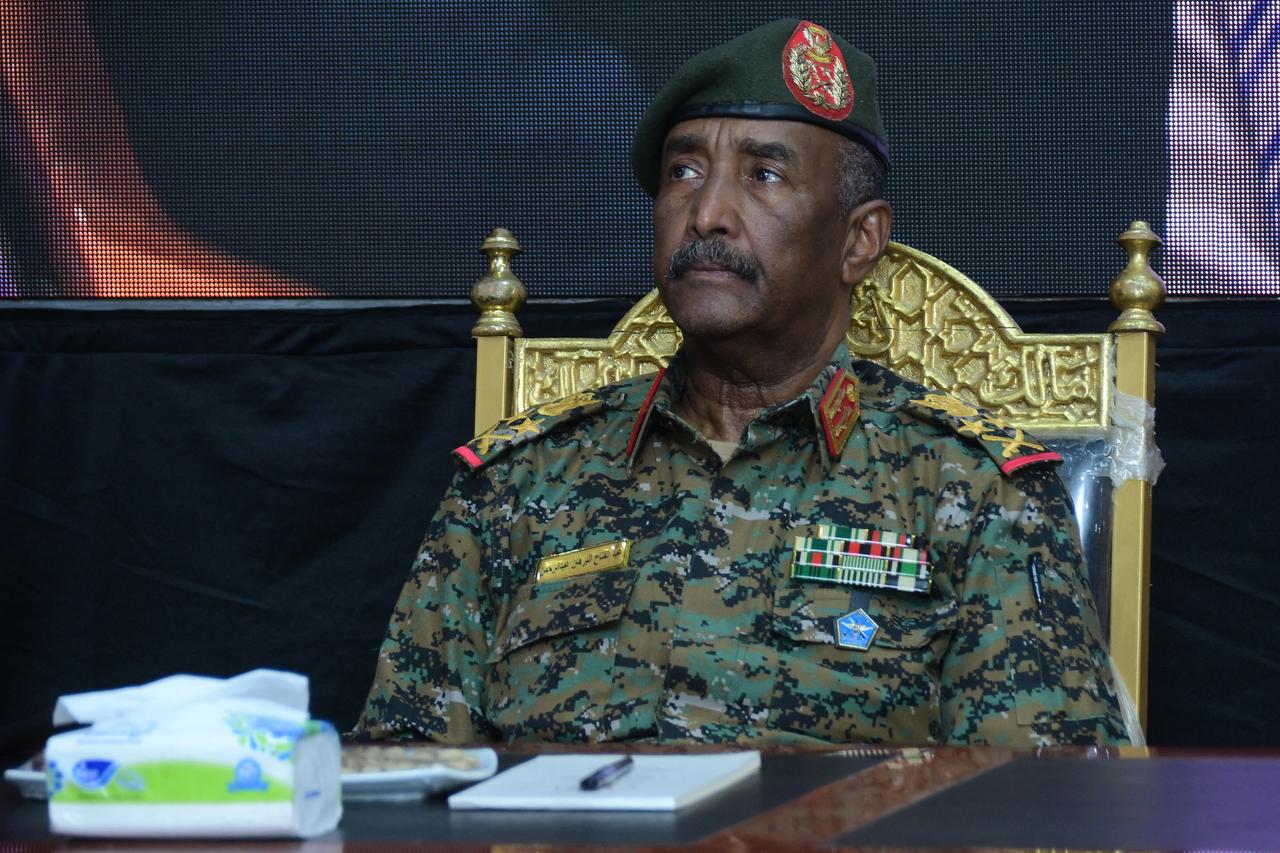
Amnesty International has identified Chinese-made weapons supplied by the United Arab Emirates in the arsenal of Sudan's Rapid Support Forces (RSF), according to a report released Thursday, as the paramilitary group continues drone attacks that have sent civilians fleeing from the previously safe aid hub of Port Sudan.
The Britain-based watchdog said its research detailed the RSF's use of sophisticated Chinese-made artillery and guided bombs in its war with the regular Sudanese army, a conflict now entering its third year.
"Sophisticated Chinese weaponry, re-exported by the United Arab Emirates, has been captured in Khartoum, as well as used in Darfur in a blatant breach of the existing UN arms embargo," Amnesty stated in its report.
Through analysis of video footage and photographs of RSF attacks, Amnesty identified "Chinese GB50A guided bombs and 155mm AH-4 howitzers" in the paramilitaries' possession. The organization noted that "the only country in the world that has imported AH-4 howitzers from China is the UAE" in a 2019 deal, according to data from the Stockholm International Peace Research Institute.
Abu Dhabi has consistently denied providing weapons to the RSF, despite contrary reports from UN experts, U.S. politicians, and international organizations.
The report comes as the RSF intensifies its long-range drone strikes on army-controlled cities. On Thursday morning, drones targeted Sudan's main naval base just north of Port Sudan, the seat of the army-backed government, as well as fuel depots in the southern city of Kosti, according to two anonymous sources.
"The militia launched another drone attack on the Flamingo Naval Base north of Port Sudan," one source told AFP on condition of anonymity. The source added that air defenses had shot down 15 drones overnight.
Port Sudan, located on the Red Sea coast, had been considered a safe haven until drone strikes attributed to the RSF began on Sunday. The city hosts United Nations offices and hundreds of thousands of displaced people and serves as the main entry point for humanitarian aid into hunger-stricken Sudan.
U.N. Secretary-General Antonio Guterres warned that the attacks "threaten to increase humanitarian needs and further complicate aid operations," according to his spokesman Stephane Dujarric.
The conflict has been devastating for Sudan, with U.N. figures indicating more than two years of war have killed tens of thousands and displaced 13 million people.
In response to the escalating situation, the army-backed government on Tuesday severed diplomatic ties with the UAE, accusing it of supplying the RSF with advanced weapons systems used in the strikes on Port Sudan.
The UAE denied these allegations and stated that the internationally recognized administration "does not represent the legitimate government of Sudan."
At Port Sudan's main bus station, civilians are scrambling to leave the city. "You can't get a ticket without booking over a day in advance now; all the buses are booked," said bus company employee Mahmoud Hussein.
Among those fleeing is Haidar Ibrahim, who was preparing to travel south with his family. "The smoke is everywhere, and my wife suffers from asthma," he told Agence France-Presse (AFP).
"We have no choice but to leave."
Many seeking refuge in Port Sudan have already been displaced multiple times throughout the conflict.
Since losing nearly all of greater Khartoum to the army in March, the RSF has increased its use of long-range drones. The strikes on Port Sudan have targeted critical infrastructure, including the country's last functioning international airport, its largest working fuel depot, and the city's main power station.
The war has effectively divided Sudan, with the army controlling the north, east, and center regions, while the RSF dominates most of Darfur and parts of the south.